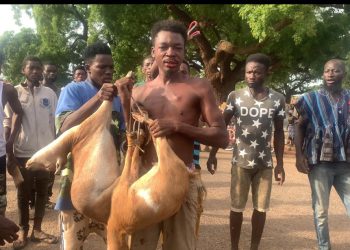A food safety specialist and Senior Research Scientist at the Biotechnology and Nuclear Agriculture Research Institute (BNARI) of Ghana Atomic Energy Commission (GAEC) is making strides towards tackling post-harvest losses in the production of tomatoes across the world.
Dr. Mavis Owureku-Asare, who is also the Head of Radion Technology at the Institute, is using her expertise in food processing technologies to develop a simple device to preserve tomatoes by dehydration.
In what she describes as a simple and convenient solution, the food scientist is leveraging on technology for tomato farmers to better manage their harvests and improve their livelihood.
Dr. Owureku-Asare was on the on-air series of the Citi Business Festival on Tuesday, June 30, 2020, to talk about the topic “Research in Action: Food Preservation and Technology”.
She spoke about how she has managed to develop a dryer that locally processes fresh tomato into powder, paste and puree to cut down on the huge tomato waste recorded on farms and at market places.
Problem
Tomatoes are perishable but the losses in the markets are huge. I was taken aback a bit when I visited the market one time.
So I wanted to know how we needed to preserve tomatoes. I thought about looking at very convenient ways to add value to tomatoes because if you harvest and don’t get the ready market, you easily lose the crops. That is between 20-50 percent loss in the tomato value chain which is huge.
Solution
Different methods for adding value to tomatoes. I looked at the dehydration method using the vacuum method, convection dryer, and also the canning of tomatoes. I even looked at making tomato powder using the spray dryer. These were so many complex methods that I used to see ways of adding value to tomatoes and how to use these methods in Ghana. I developed a very low-cost dryer that can be used to dry tomatoes into powder. I am looking at other means to make tomatoes mix, puree, and paste from the powder that I get. This dryer can be used for other foods like pepper and fish.
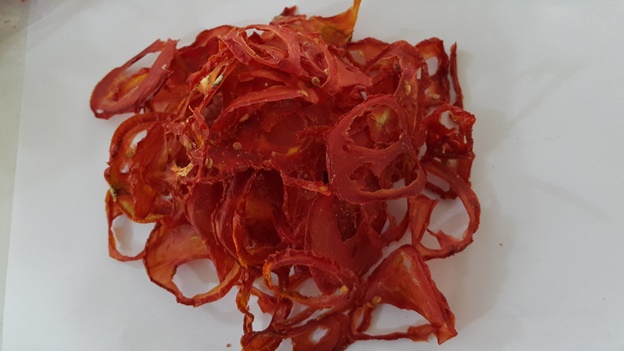
Functionality
Currently, I am working on different designs of dryers based on accessibility and affordability. I am partnering with another professor who has patented other dryers as well and helping me apply those technologies in our part of the world in Africa or Ghana. I am the lead on that project. This dryer is a low-cost dryer which will not be difficult to operate because I am looking at on-farm solutions so we have a system where you can place on your fam This because sometimes the farmers leave the products on the farm to rot because it’s cheaper for it to rot on the farm than bring it to the markets. I didn’t want a dryer that is complex with electrical parts when they have issues they will leave the dryers because they cannot repair it to put it in shape.
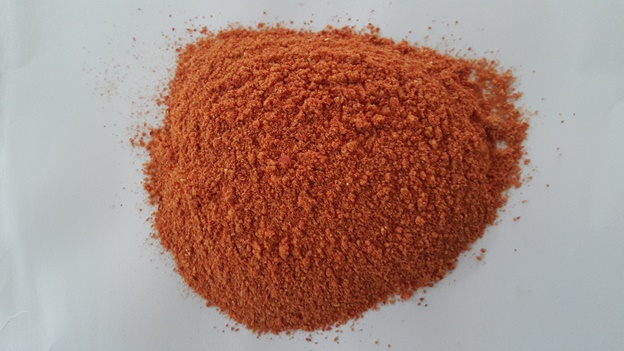
Mode of operation
It is a low-cost dryer, mix mode dryer and a passive dryer ( it does not need a force condition) You can have an active dryer that you need to pump air into the dryer for the product. but this has a collector where the air naturally comes through and there is a collector that heats the air to optimize and to trap the heat, and then it lows into the chamber where the food is placed. Once it takes out the moisture from the food, it goes out from an exhaust. So you don’t need a solar panel. There are complex dryers but this just a basic one.
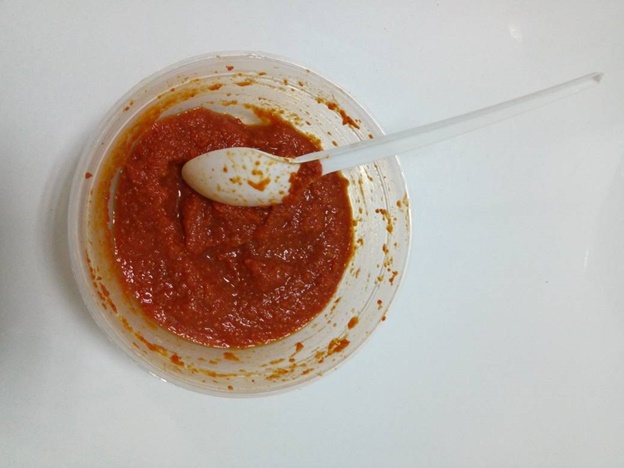
Prototype
The first prototype I developed was made from local materials with glass stones and aluminum sheets. It was a small portable one. It has a capacity of 5kg because I wanted to see how best Ii will operate and optimize the dryer and not make it too technical. After getting the design that I want, I am now upscaling the dryer. So I am using a grant I won to upscale it into a more durable one by using more metal components to make it big enough to be able to dry about 20 Kgs at one time. I am using glass now and taking out all the wooden components to make it more robust.
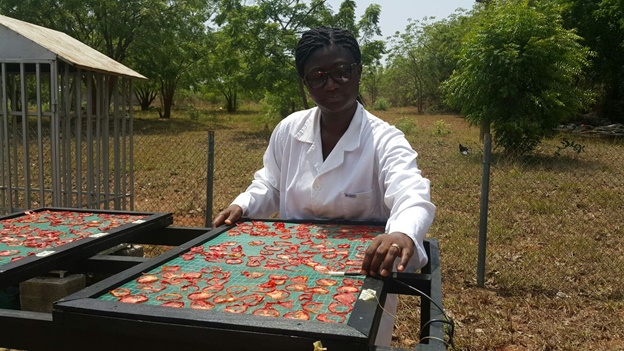
Funding
It took an institution to give me this grant to do the work that I am doing. I have applied to the COVID-19 Fund to help with the training and technology transfer. I am waiting on it and I am hopeful I will get some funding from the government to take this to the next level.
Appeal for support
Technology is important. It is important for us to develop our own solutions. COVID-19 is teaching us a lesson. It is important for us to look within ourselves to be able to harness what we have to tailor solutions to address our needs. So it is very important for us to support scientists here in Ghana. Science, Research, Technology, and innovation demands a lot of cunding. That is one thing we very much lose sight of because we feel that it takes a long time to get a product or solution so we do not want to invest. But these are so core to our development.
Others; gamma sterilization
At our centre, we have begun using gamma radiation for sterilization. basically use this for food application but we use this to treat medical supplies. We have intravenous fluids and other one-time use medical supplies and materials that various hospitals and pharmaceutical companies bring and we able to treat and sanitize and sterilize the items in the wake of COVID-19.
About the Citi Business Festival
The 2020 edition of the Citi Business Festival is in the last week of the line-up of radio and TV discussions.
The final leg of the month-long festival is focusing on Science, Technology and Innovation.
So far, the business events and on-air activities have provided inspiration, business ideas, and information for persons who are starting, building or growing their businesses.
The program which began on June 1, 2020, has been featuring virtual business fora that have been live on Citi TV.
This year’s edition of the Citi Business Festival is brought to you by Citi FM and Absa bank. It is supported by GIPC and Ghana’s comprehensive business news website, citibusinessnews.com.










